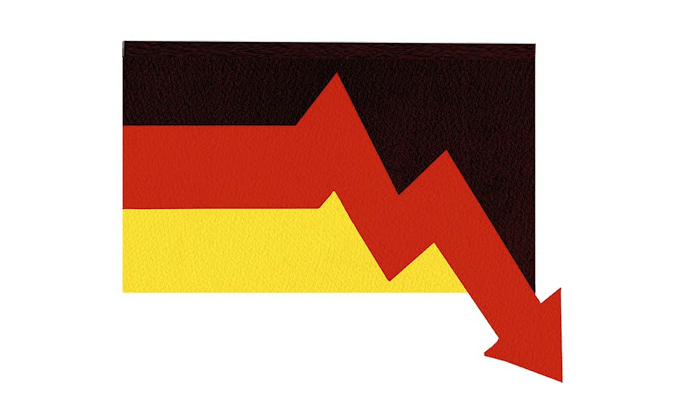Over the last 15 years Germany has come to be seen by many in Europe as a paragon of political stability. Whereas other countries have suffered rising unemployment, unmanageable levels of public debt or a rising wave of far-right support, Germany’s perennial chancellor Merkel demonstrated that her talents as a political fixer were superior to any challenge. Never very keen on taking the long term view of politics, she cultivated the most essential art of politics: survival.
There were certainly moments of real danger for her. The Euro and migrant crises triggered discontent both in her party and the electorate at large. But she never lost her nerve and in the end she was always able to sit the challenges out. Of course a price had to be paid for such triumphs. Although she fought a long series of rearguard actions against all attempts to fully mutualise Eurozone public debt, she ultimately lost the war against a French-led coalition of southern countries without being able to extract any significant concessions in return.

Get Britain's best politics newsletters
Register to get The Spectator's insight and opinion straight to your inbox. You can then read two free articles each week.
Already a subscriber? Log in






Comments
Join the debate for just £1 a month
Be part of the conversation with other Spectator readers by getting your first three months for £3.
UNLOCK ACCESS Just £1 a monthAlready a subscriber? Log in